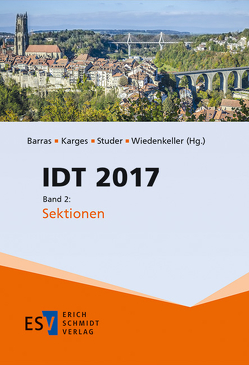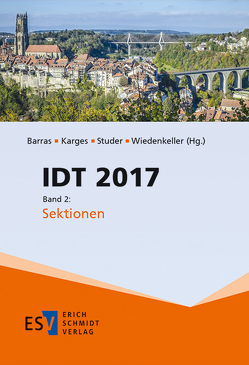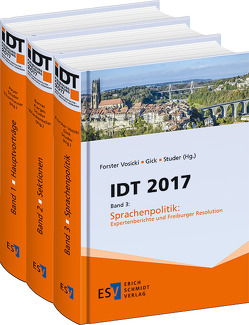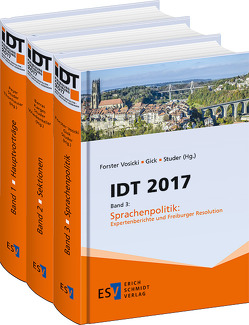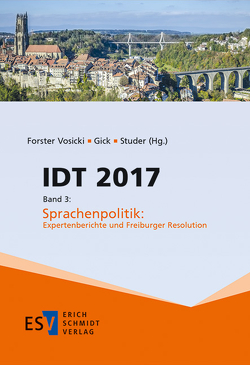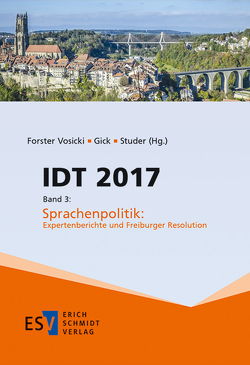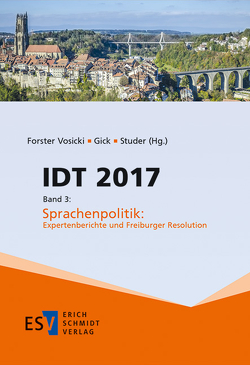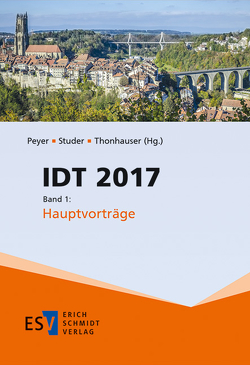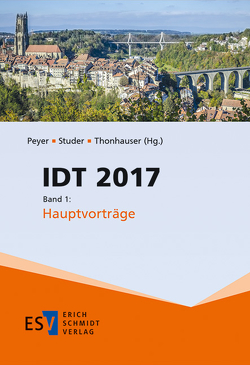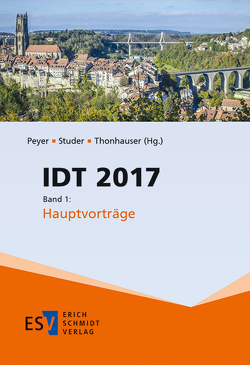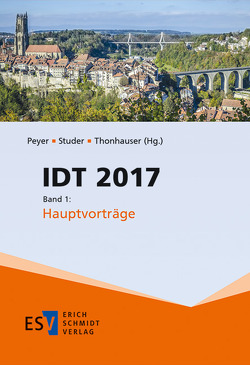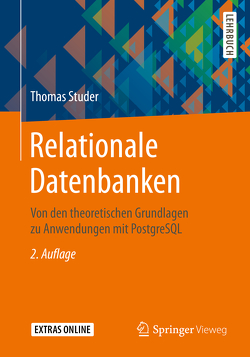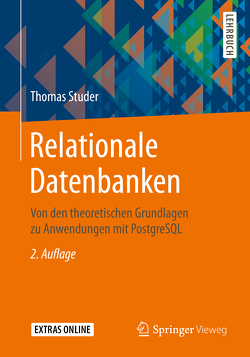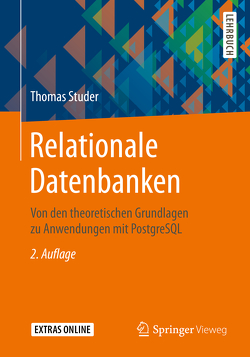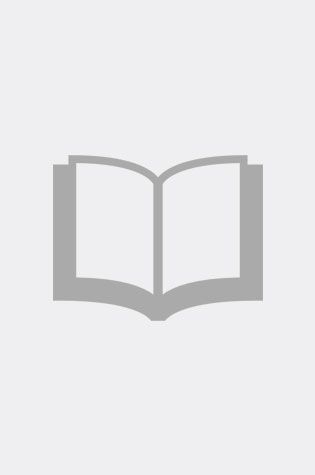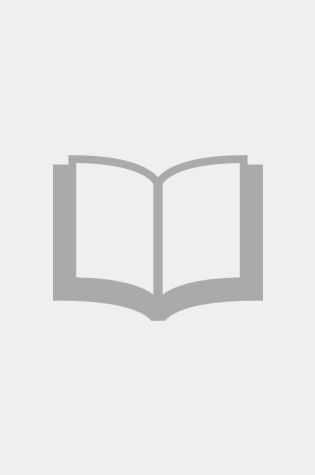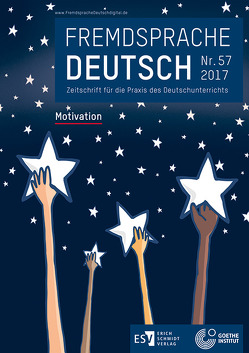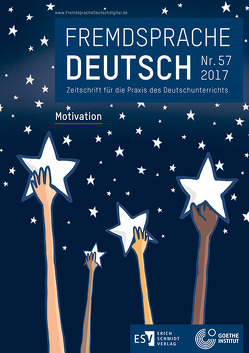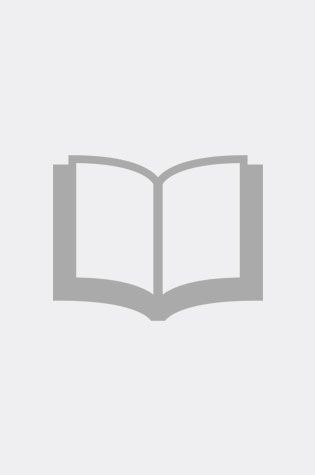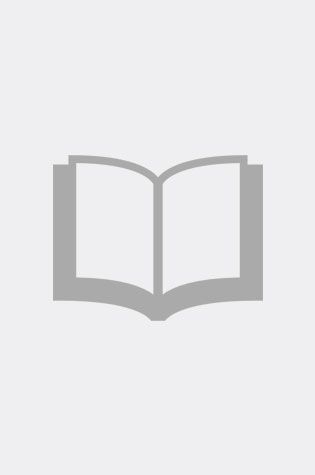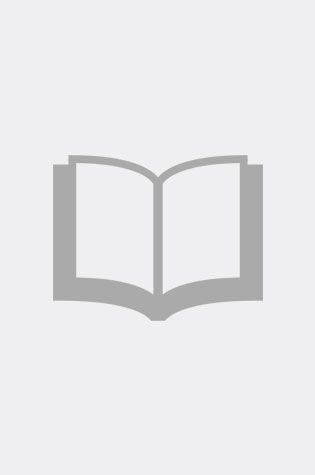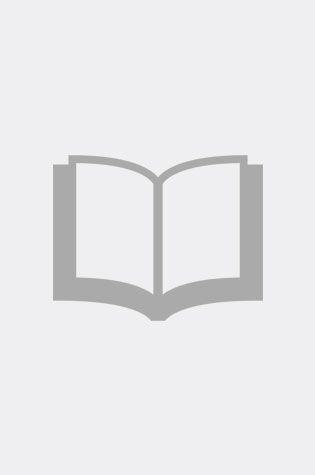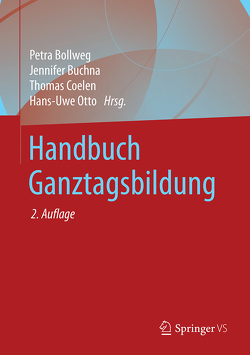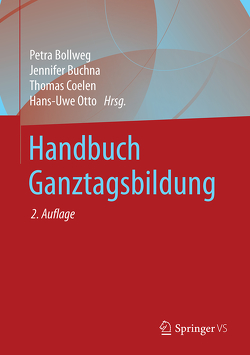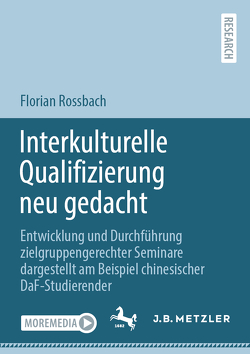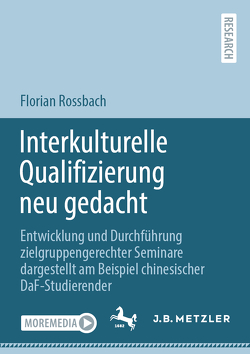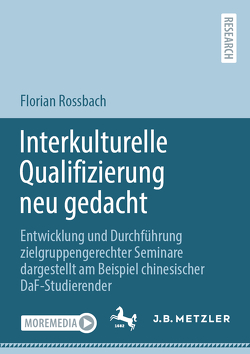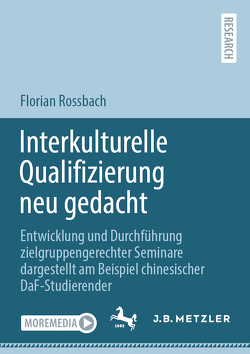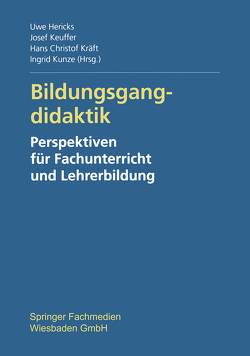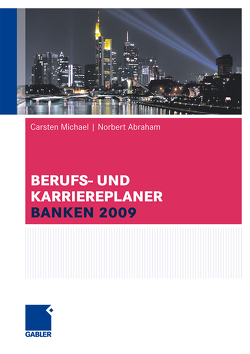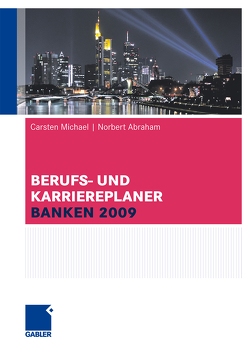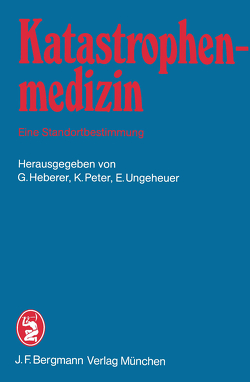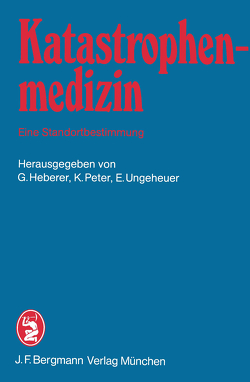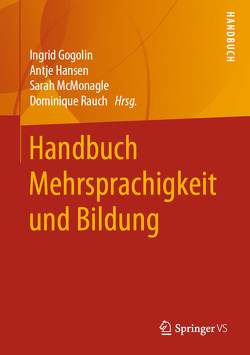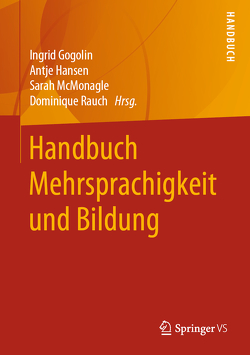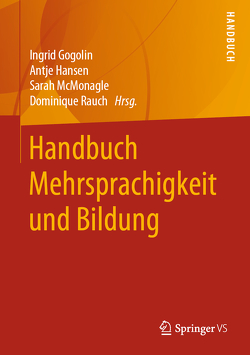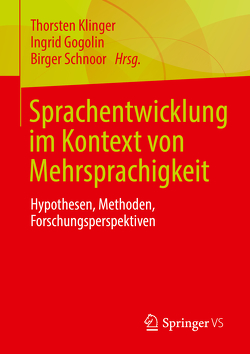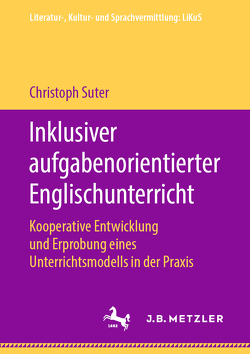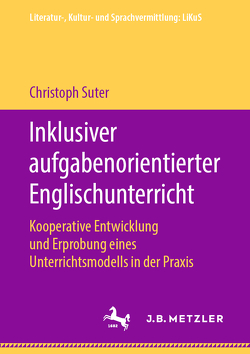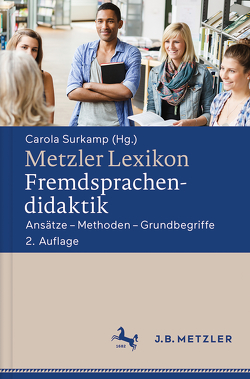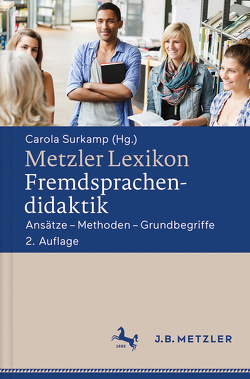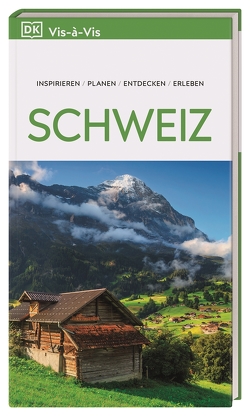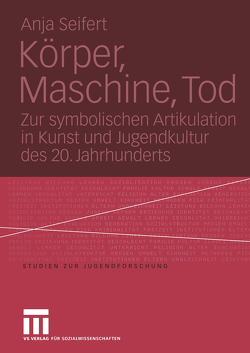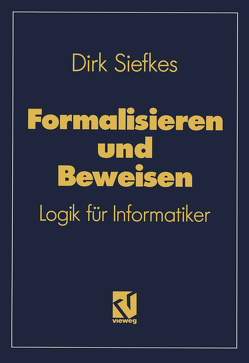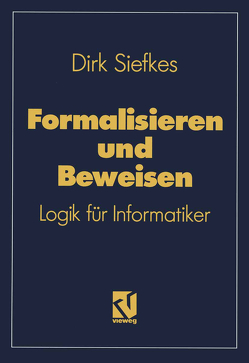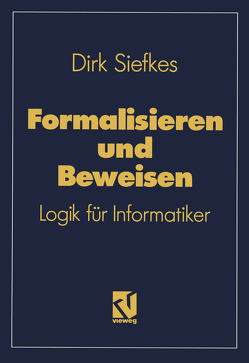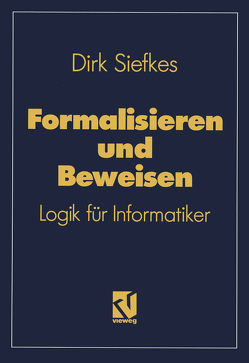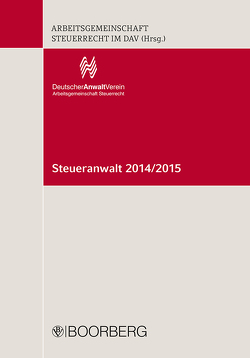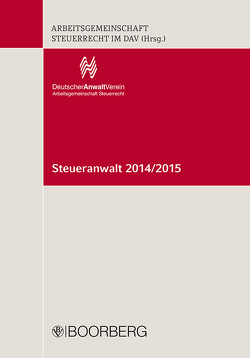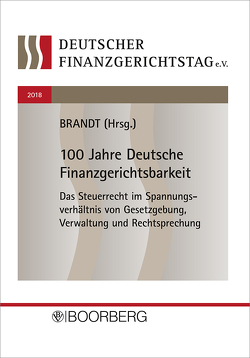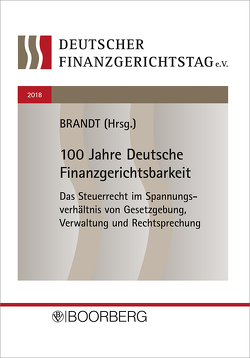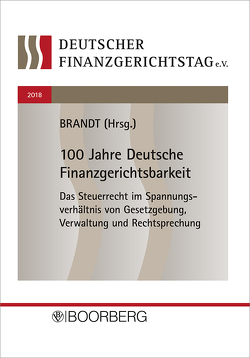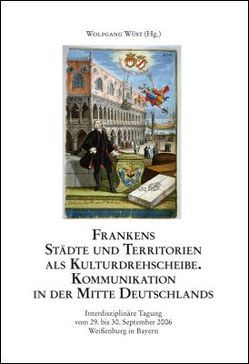IDT 2017 Band 1, 2 und 3 als Gesamtpaket
Hauptvorträge, Sektionen, Sprachenpolitik
Malgorzata Barras, Brigitte Forster Vosicki, Cornelia Gick, Katharina Karges, Elisabeth Peyer, Thomas Studer, Ingo Thonhauser, Eva Wiedenkeller
Unter dem Motto ‚Brücken gestalten – mit Deutsch verbinden: Menschen – Lebenswelten – Kulturen‘ fand 2017 in Freiburg (CH) die XVI. Internationale Tagung der Deutschlehrerinnen und Deutschlehrer (IDT) statt.
Die Ziele der IDT sind:
– über den aktuellen Stand von Forschung und Entwicklung im Fach Deutsch als Fremdsprache (DaF) und Deutsch als Zweitsprache (DaZ) informieren;
– die Zusammenarbeit der DaF- und DaZ-Akteure weltweit und innerhalb der deutschsprachigen Länder fördern;
– bildungspolitische Akzente setzen.
Die drei Tagungsbände widerspiegeln diese Ziele in vielfältiger Weise und konturieren sie zukunftsgerichtet.
Der erste Band versammelt eine Auswahl der Hauptvorträge, der zweite ausgewählte Sektionen und der dritte elf Beiträge, welche sprachenpolitische Brennpunkte im Bereich von DaF und DaZ aufgreifen, und darüber hinaus eine sprachpolitische Resolution in Form von elf Thesen, die an der IDT 2017 verabschiedet wurde.
The XVI International Conference of German Teachers (IDT), which in 2017 took place in Freiburg (CH), went under the slogan “Designing bridges – connecting through German: people – environments – cultures”.
The goals of the IDT are:
• to inform about the current state of research and developments in the subjects German as a Foreign Language (DaF) and German as a Second Language (DaZ);
• to promote the cooperation of DaF and DaZ stakeholders worldwide and within the German-speaking countries;
• to highlight relevant topics within educational politics.
The conference proceedings (in three volumes) reflect these objectives in a variety of ways and outline them in a forward-looking manner.
Volume 1 brings together a selection of the keynote speeches given at IDT 2017. The contributions trace the lines of development of the subject, discuss current fields of work and demonstrate the interdisciplinary nature of the field by including reference sciences such as linguistics, language acquisition research and multilingual didactics. In addition, the contributions are devoted to concrete teaching and learning subjects, the discussion of focal points in teacher training and the cultural dimensions of language teaching.
The 2nd Volume is collection of contributions that focus on teaching and practice-oriented research. Thematically, the contributions are devoted to ‘needs-oriented teaching’, ‘language acquisition (bi- and multilingual teaching and learning)’, ‘extended forms of teaching and learning’ and ‘competence-oriented teaching’, but also ‘culture-related teaching and learning’, ‘teaching and learning materials’ and ‘testing’.
Volume 3 consists of eleven contributions that address the most pressing points in the area of German as a foreign language and German as a second language. The contributions are expert reports that deal with central issues with regard to language and educational policy as well as the future of DaF/DaZ, e.g. international cooperation in associations, networks and collaborations or the training and further education of teachers. Additionally, the volume features a resolution adopted at the IDT 2017, which adresses current developments and challenges of German as a foreign and second language.

